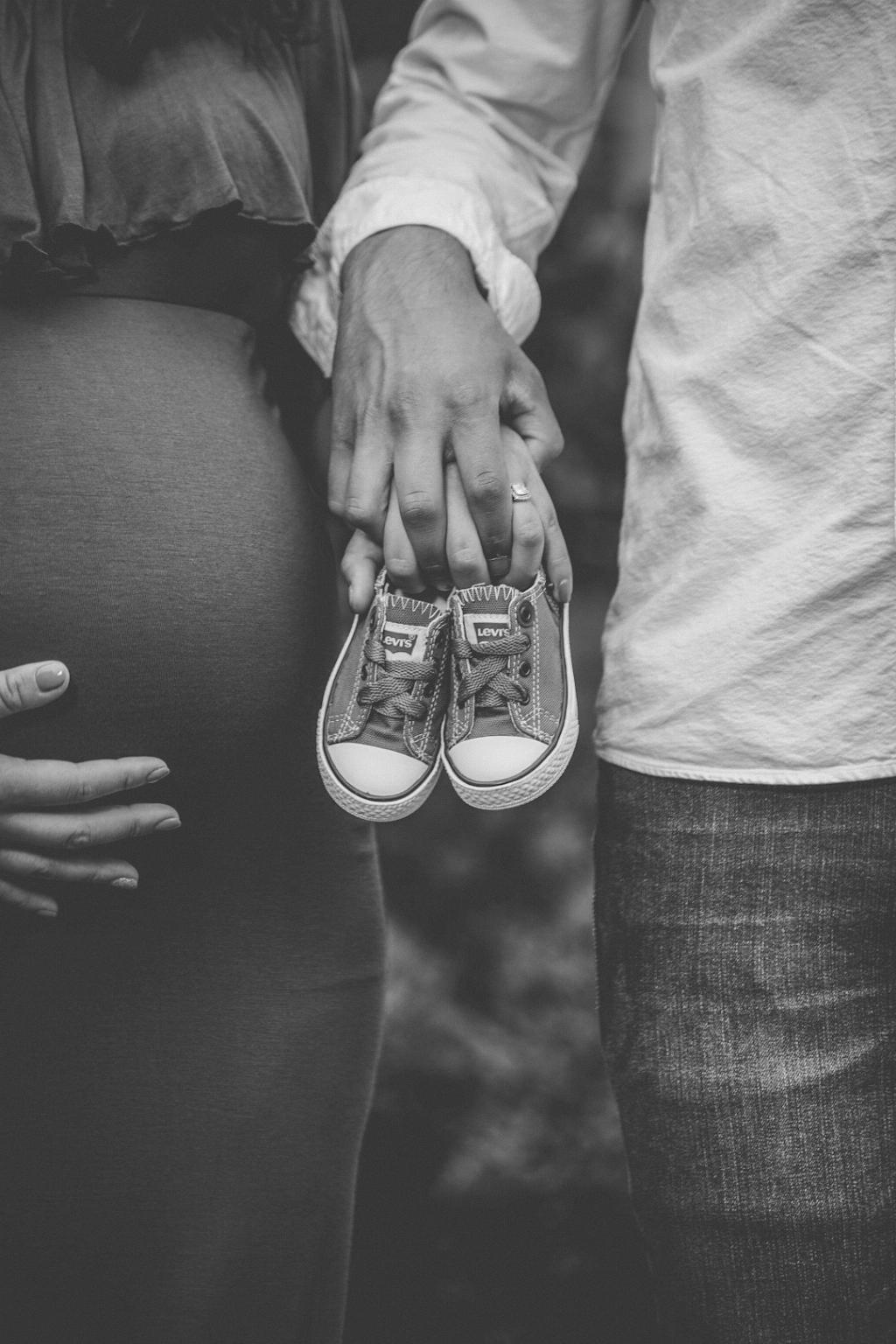When looking at the development of a baby’s brain, it’s essential to understand that it is a complex and ongoing process. The brain development begins as early as six weeks into pregnancy when the embryo’s brain and nervous system start to form. However, the development of the intricate parts of the brain continues throughout the pregnancy.
The Continuation of Brain Development
The progression doesn’t end after birth; in fact, the brain development continues well beyond the delivery. The rapid growth and maturation of the brain persist through infancy, childhood, and even into adolescence. This intricate process involves the creation of neural connections and pathways that aid in various cognitive and motor functions.
The Role of Early Experiences
Early experiences play a crucial role in shaping the developing brain. Positive interactions, stimulating environments, and nurturing relationships can significantly impact the growth and connectivity of the brain. On the other hand, negative experiences or neglect can hinder the brain’s development and potentially lead to long-term consequences.
Milestone Achievements in Brain Development
Throughout the first few years of life, babies reach significant milestones in their brain development. These milestones include essential skills such as language acquisition, motor coordination, social interaction, and problem-solving abilities. Each milestone achieved signifies a crucial step in the brain’s maturation process.
Continued Growth into Childhood
As babies transition into childhood, their brain continues to grow and refine its functions. The development of cognitive skills, emotional regulation, and social awareness are key aspects of this phase. The brain’s plasticity allows for continuous learning and adaptation to the environment.
Adolescence and Brain Development
During adolescence, the brain undergoes significant changes as it experiences a pruning process where unnecessary neural connections are eliminated, and essential pathways are strengthened. This period of refinement helps shape the brain’s structure and functionality into adulthood.
The Impact of Genetics and Environment
Both genetics and environmental factors play a significant role in determining the trajectory of brain development. While genetic predispositions contribute to the overall structure of the brain, environmental stimuli and experiences shape its connectivity and functionality. A balanced interplay between nature and nurture is essential for optimal brain development.
The Role of Nutrition and Health
Nutrition and health also play a crucial role in supporting brain development. Adequate intake of essential nutrients, proper healthcare, and a safe environment are vital for ensuring optimal brain growth. Poor nutrition or health conditions can impede the brain’s development and overall well-being.
Neuroplasticity and Learning
The brain’s remarkable ability to adapt and reorganize in response to experiences is known as neuroplasticity. This feature allows for continuous learning and skill acquisition throughout life. By engaging in diverse activities and learning experiences, individuals can enhance their brain’s plasticity and cognitive abilities.
Conclusion: The Unending Journey of Brain Development
In conclusion, the development of a baby’s brain is a lifelong journey that begins in the womb and continues into adulthood. The intricate process of creating neural connections, refining functions, and adapting to the environment shapes the brain’s structure and functionality. By providing a nurturing and stimulating environment, promoting healthy habits, and encouraging diverse experiences, we can support optimal brain development at every stage of life.

